Hilton Worldwide reinforced its commitment to the environment by announcing multi-year sustainable seafood goals on June 8, 2016. In collaboration with World Wildlife Fund (WWF), Hilton has committed to implementing strong, global sustainable seafood goals in conjunction with the company’s Travel with Purpose strategy, which was launched in 2011 to use Hilton’s passion for hospitality to make a lasting, positive difference in people’s lives and the wider world.
Hilton’s sustainable seafood goals will comprise the global ban of procurement of endangered species as identified by WWF, and the transition of its seafood purchasing to sustainable and responsible sources. By 2022, Hilton will source at least 25 percent of its total global seafood volume for owned, managed and leased properties from Marine Stewardship Council (MSC) certified fisheries and Aquaculture Stewardship Council (ASC) certified farms. The remaining seafood will be sourced from fisheries and farms working toward MSC and ASC certification, comprehensive fishery and aquaculture improvement projects, or those listed as “green” on WWF regional seafood guides. WWF will help Hilton measure and report progress to ensure the company is on track to achieve its goals.
This commitment follows Hilton’s global ban on shark fin from restaurants and food & beverage facilities in 2014. In 2015, Hilton was first-in-industry to receive MSC chain-of-custody certifications in Europe and Asia. In the Americas, Hilton also sources shrimp from suppliers like Sysco that are committed to sustainable seafood.
Hilton’s renewed commitment follows all six steps of the Conservation Alliance’s Common Vision and is an excellent example of the collaborative efforts between business leaders and conservation organizations working together to make the seafood industry more sustainable.
“Identifying, implementing, and scaling up responsible sourcing practices is a huge and complex task, but we are committed to addressing the environmental and social impacts of our supply chain – beginning with seafood,” said Maxime Verstraete, vice president of corporate responsibility, Hilton Worldwide. “We are pleased to work with WWF to further engage our Team Members, suppliers, and guests, and leverage our company’s size and scale to help protect the world’s oceans for current and future generations.”
“When multinational companies extend their commitments across their global operations, it increases sustainable seafood awareness and demand in various markets, which is especially valuable for those where the concept may be less advanced. In addition, it’s particularly important that the company will support the rigorous MSC and ASC certification programs for responsible seafood supply.” said Caroline Tippett, director of seafood, World Wildlife Fund.
In addition to collaborating to advance sustainable seafood, Hilton and WWF are also working together to improve the company’s water stewardship, reduce food waste, and accelerate the adoption of renewable energy. These efforts will help reduce pressure on fisheries, farms, and watersheds around the world.
